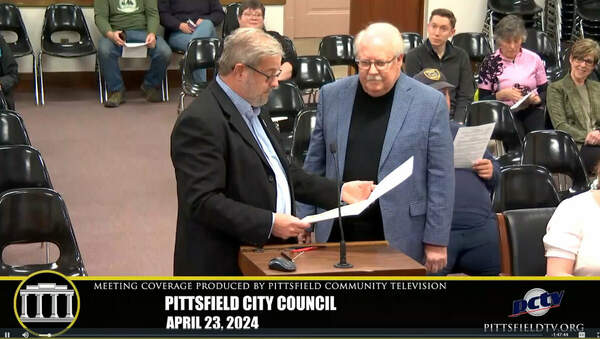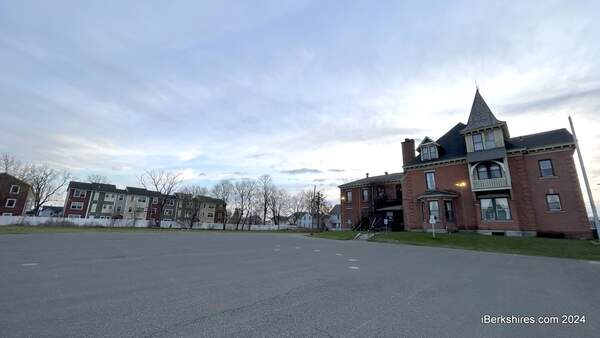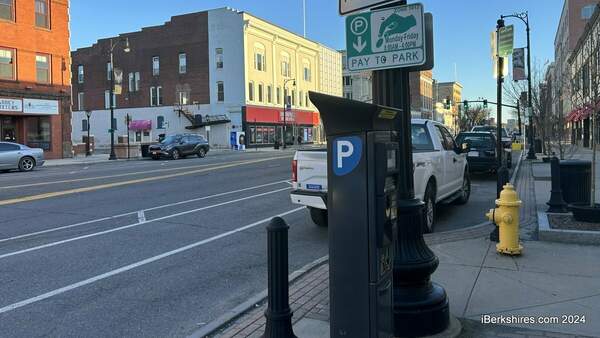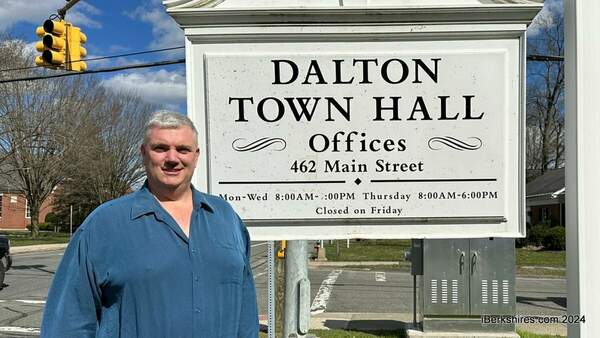
April 8 COVID-19 Briefs: Big Y Closures; BRTA Advisories
Big Y Supermarkets Close for Easter, Monday
All Big Y stores will be closed Easter Sunday, April 12, and Monday, April 13, and all Big Y Express gas stations will be closed Easter Sunday.
"We want to thank all of our retail heroes," said Charles D'Amour, president and CEO of Big Y Foods, Inc. "We hope that this break will allow our employees to spend more time with their loved ones and give them much-needed rest."
During the break, all stores will continue to be restocked and cleaned in preparation for reopening on Tuesday, April 14. Store hours will remain the same, including reserved hours of 7 to 8 a.m. for customers who are 60 and older or have compromised immune systems put in place on March 19.
Target stores will also be closed on Easter Sunday.
Pittsfield Council on Aging Curtails Transportation
The Council on Aging is reducing transportation runs to better protect residents and drivers from COVID-19.
"As many in our senior community have been firmly adhering to the stay-at-home advisory, we have seen a steady decline in rides and the cancellation of appointments. That said, we also know, through our check-ins with seniors, that there's been an increase of delivery services by pharmacies, and in some
cases, grocery stores, so they are getting the resources that they need during this time and that's important," said Executive Director James Clark.
The modified congregate meal site will continue at the Ralph J. Froio Senior Center. The take-and-go meals can be picked up at the center between the hours of 10:30 a.m. and 12:30 p.m. Reservations must continue to be made by noon the previous day.
This option is available to seniors who are currently enrolled in the Meals on Wheels
program and on the congregate meal site roster. Contact Elder Services at 413-499-0524 to determine eligibility.
Offices are closed but staff can be reached at 413-499-9346 weekdays from 8:30 a.m. to 12:30 p.m.
BRTA Urging Riders to Adhere to CDC Advisories
Berkshire Regional Transportation Authority is providing transportation for critical trips only. The BRTA highly recommends all customers wear a medical or cloth mask to cover their mouth and nose, as recommended by the CDC, while onboard any BRTA vehicle.
Visit cdc.gov for a tutorial on how to make a cloth face cover and important information on how to wear it. Also, practice social distancing while riding on the bus; maintain space when seating.
All riders must be traveling to a critical, essential destination. Critical trips are defined as work related, vital appointments, or necessary shopping trips. All riders are required to exit the bus at the end of the route, or your stated destination, and may not re-board the same vehicle for a return trip. Multiple or consecutive round trips are not permitted and riders who appear to be loitering will be asked to deboard.
For your health and the health of others, if you are sick, have a cough, fever, or other COVID-19 symptoms, do not ride the BRTA bus. Our staff and customers' safety remain important to us.
Lenox Affordable Housing Trust Provides Rental Assistance
The Town of Lenox's Affordable Housing Trust is partnering with Construct Inc. to provide emergency rental assistance to Lenox tenants and landlords who find themselves financially struggling during the COVID-19 crisis.
The trust is allocating funds received from the local Community Preservation Act surcharge and granted at previous annual town meetings. Applications will be available
on the town website and
Construct's website, in English and Spanish beginning April 10.
Applications for May rental assistance will be due April 15. To qualify, tenants must make less than 100 percent of the Area Median Income (AMI) and be able to pay at least 35 percent of income for monthly rent. The trust will provide funds and Construct will administer the program.
"There is so much uncertainty in the economy, and people are anxious about their own health, the health of their loved one, and their financial stability. This takes at least one of those stressors off the list," said Marybeth Mitts, chair of the Affordable Housing Trust.
This program is in addition to the first-time homebuyer grant program already administered by the Trust, and which recently increased income limits for homebuyers making up to 100 percent of AMI.
Tags: COVID-19,
More Coronavirus Updates
Keep up to date on the latest COVID-19 news:
















